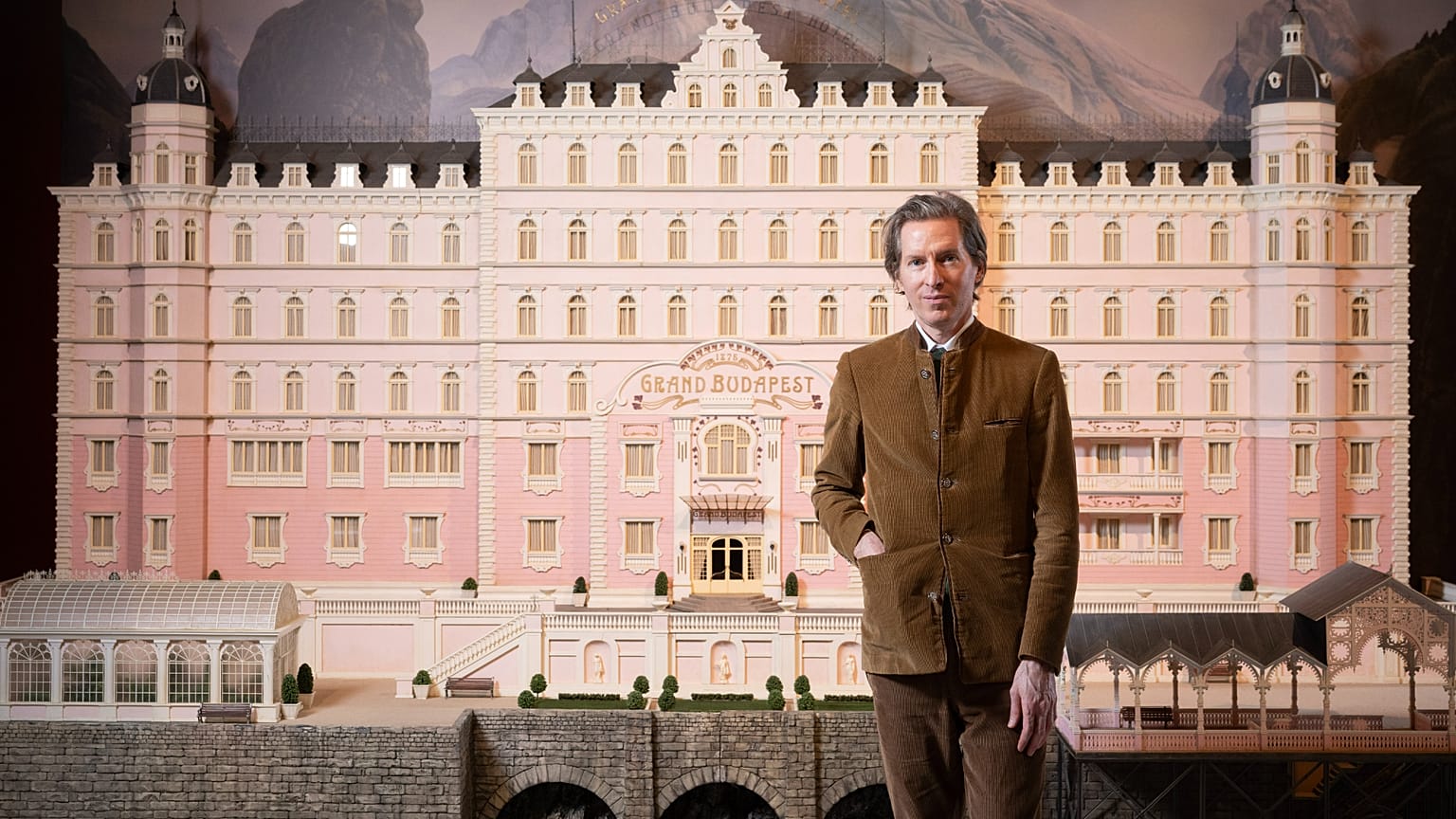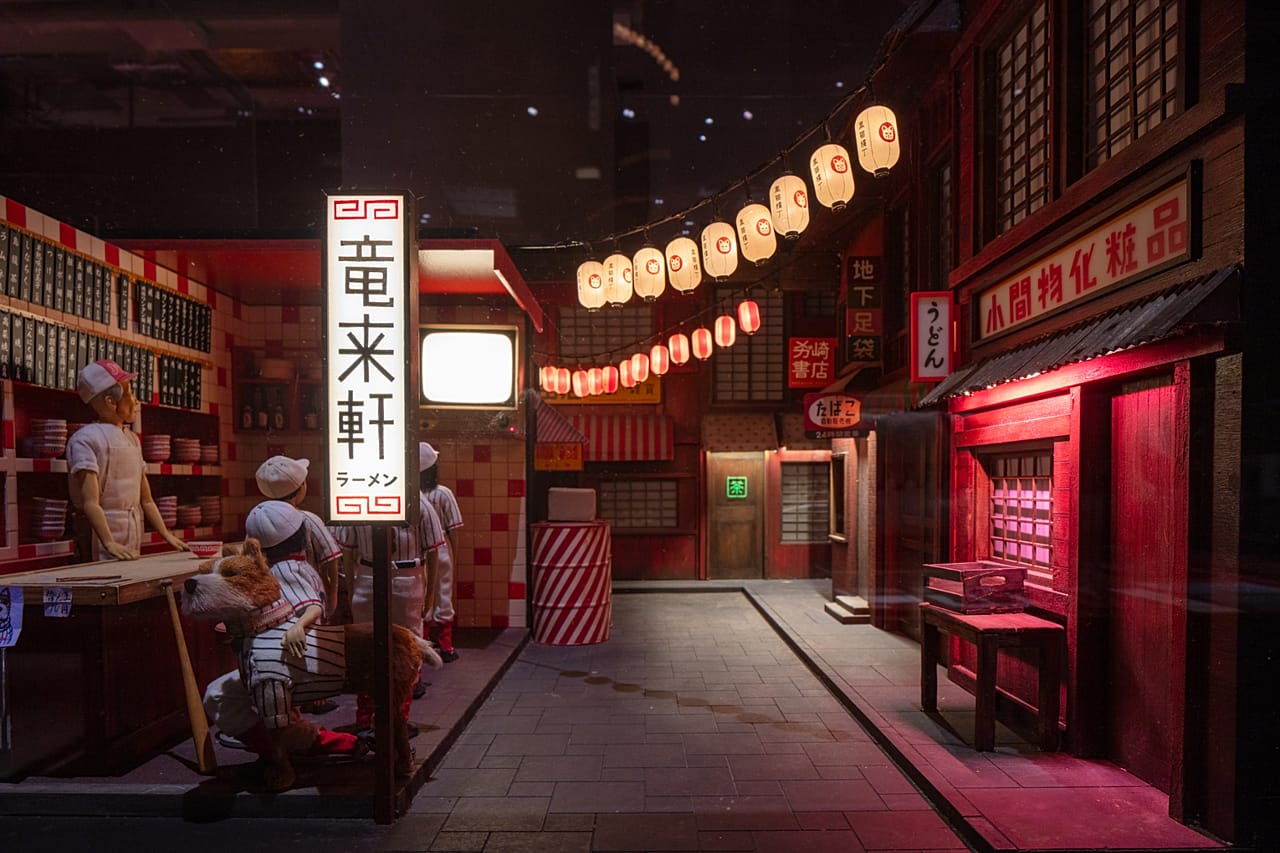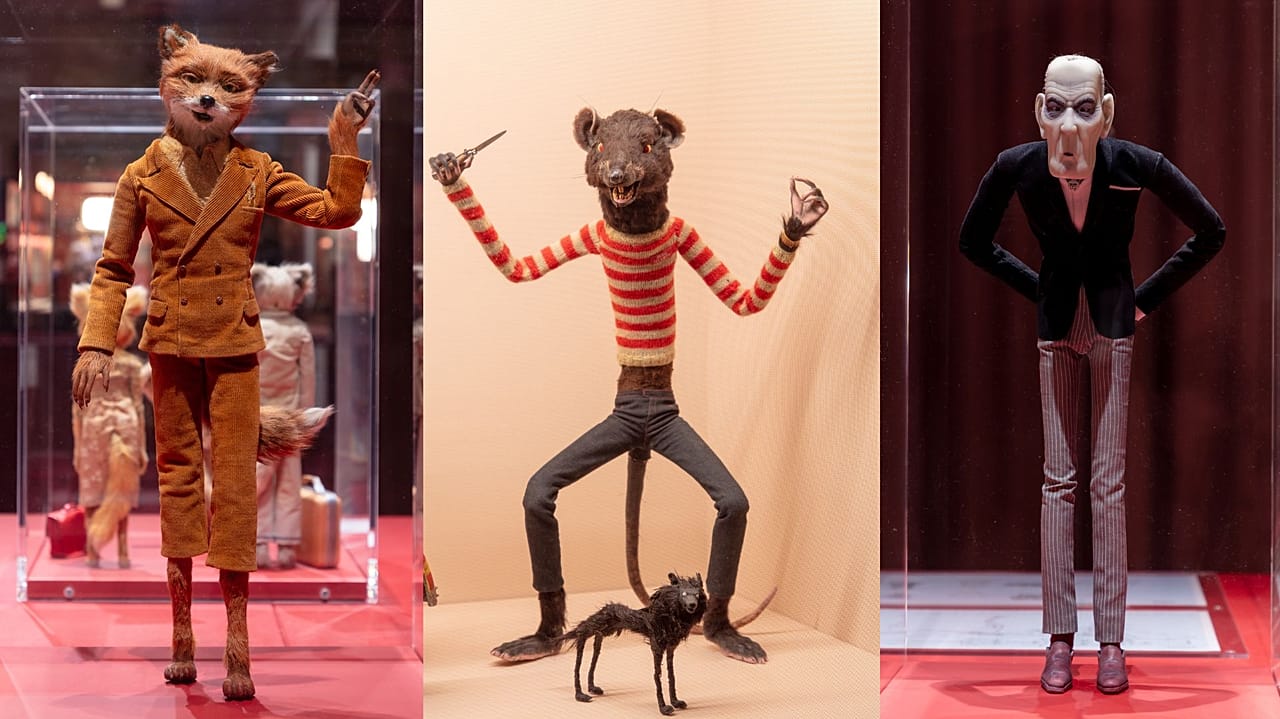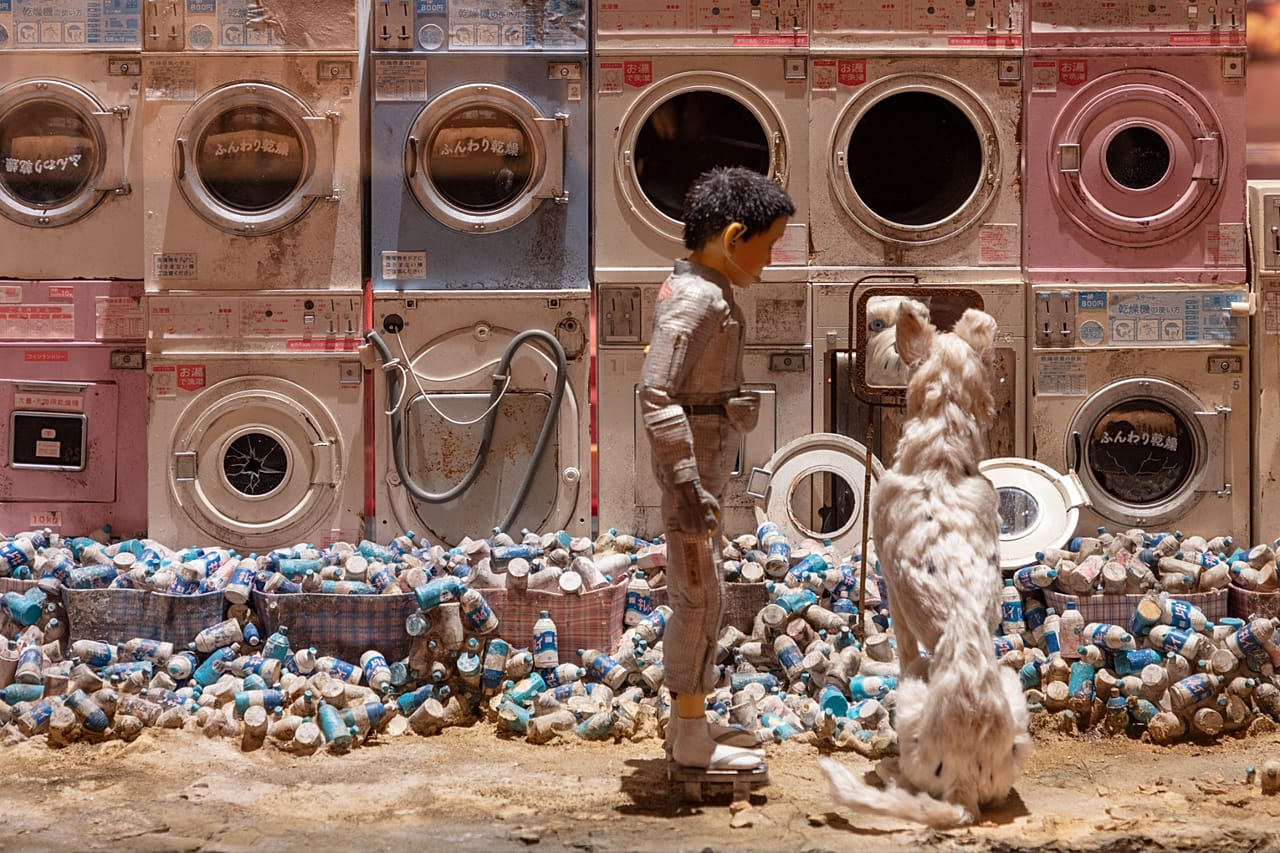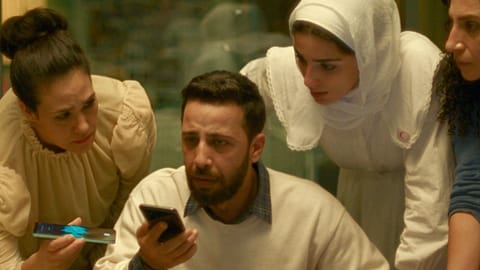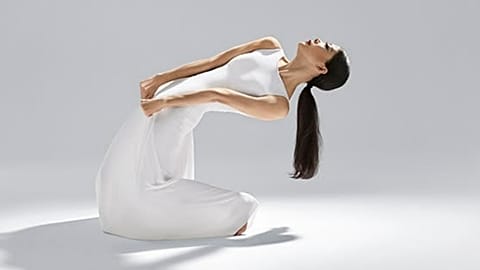On display are dozens of objects from Anderson’s personal archives, many of which are showcased for the first time in Britain.
London’s Design Museum has opened a new exhibition today dedicated to Wes Anderson, a filmmaker renowned for his visually striking works.
 ADVERTISEMENT
ADVERTISEMENT
 ADVERTISEMENT
ADVERTISEMENT
This first retrospective devoted to the American director’s distinctive cinematic output, produced in collaboration with la Cinémathèque française in Paris, which premiered the show in March 2025.
On display are dozens of objects from Anderson’s personal archives, many of which are showcased for the first time in Britain.
Discover the design stories behind Anderson’s iconic films
Wes Anderson: The Archives delves into the catalogue that the filmmaker has built up over three decades.
The landmark exhibition charts the evolution of Anderson’s films from early experiments in the 1990s to recent productions, as well as collaborations with key long-standing creative partners.
It gives visitors the opportunity to explore the design stories behind award-winning and iconic films such as The Grand Budapest Hotel, The Wonderful Story of Henry Sugar, Fantastic Mr. Fox and Isle of Dogs.
“From the melancholic charm of The Royal Tenenbaums to the youthful adventure of Moonrise Kingdom, discover how Anderson's unique vision and dedication to detail have created some of the most visually and emotionally compelling films of recent times,” the museum says.
The Grand Budapest Hotel and a mechanised shark
The exhibitionbrings together over 700 objects showcasing the director's meticulous craft of filmmaking through original storyboards, polaroids, sketches, paintings, handwritten notebooks, puppets, miniature models, and dozens of costumes worn by much-loved characters.
A major highlight is the monumental candy-pink model of the Grand Budapest Hotel, which was used to capture the building’s façade for the 2014 film. Spanning over 3 metres in width, it is one of the largest and most recognisable items in the exhibition.
Also on display are the vending machines from Asteroid City, and the FENDI fur coat worn by Gwyneth Paltrow as Margot Tenenbaum in The Royal Tenenbaums.
There are the original stop motion puppets of fantastical sea creatures, including the mechanised jaguar-printed shark from The Life Aquatic with Steve Zissou, Mr Fox wearing his signature corduroy suit, and show dog Nutmeg alongside miniature sets.
There are also objects on display from his most recent feature film, The Phoenician Scheme. These include a pipe from Dunhill and a bejewelled dagger made by contemporary artist and sculptor Harumi Klossowskade Rola.
The show includes the screenings of four short films: the 14-minute Bottle Rocket short; Hotel Chevalier (2007), a prologue to The Darjeeling Limited; and Castello Cavalcanti (2013), made in collaboration with Prada.
As well as finished props and sets, the exhibition features work-in-progress material and maquettes, and it looks at the variety of traditional and hand-made filmmaking techniques that the director continues to celebrate through his work, especially connected to puppets and stop-motion animation.














